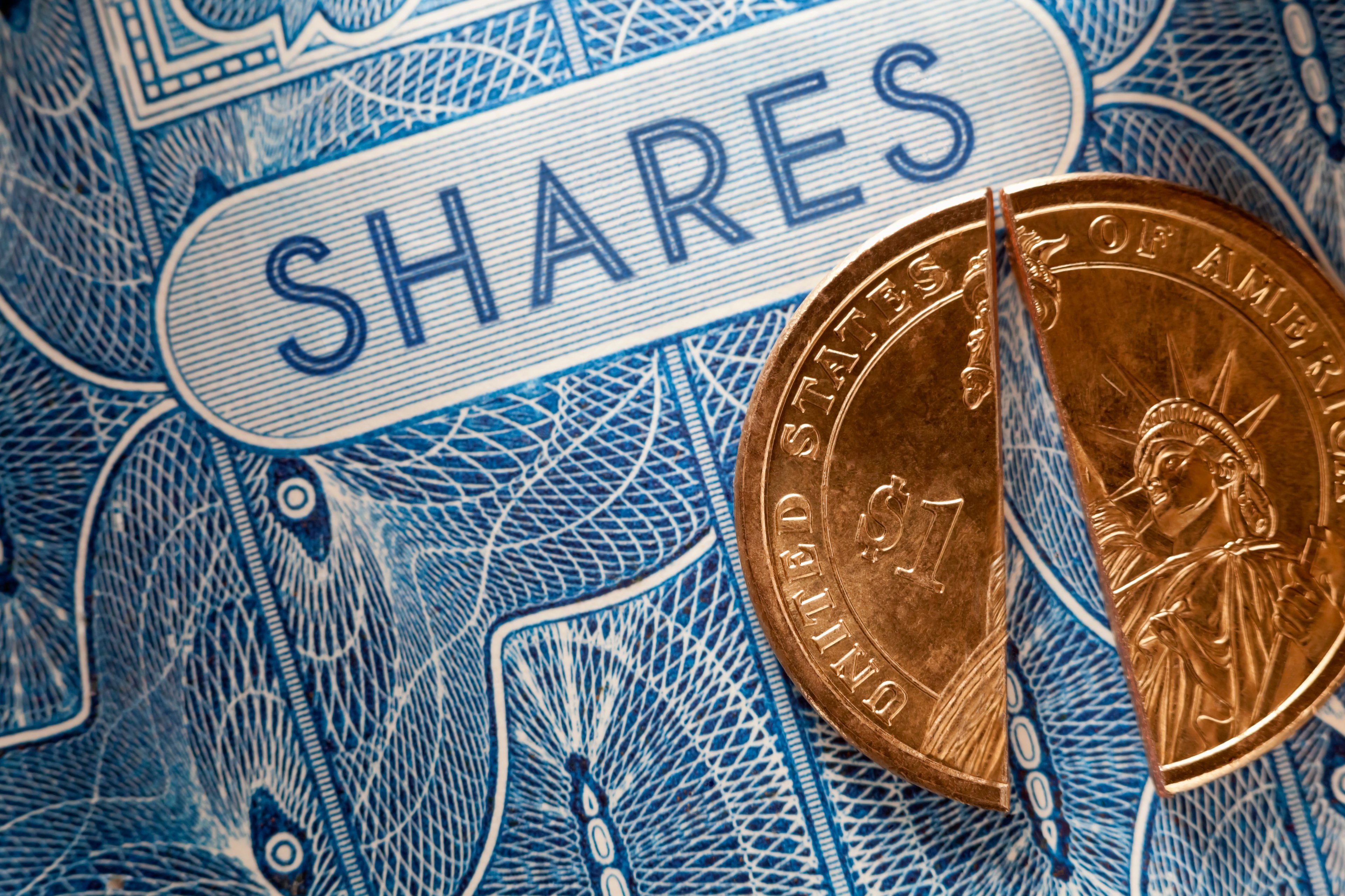Facebook (FB 0.41%) and its nearly ubiquitous social-networking site could in its own right be fairly described as "virtual reality"; the place where users go online to see what's happening in the real world.
But Facebook opted to make this descriptor all the more fitting yesterday when it announced that it had reach an agreement to purchase virtual-reality start-up Oculus VR for a whopping $2 billion. This marks Facebook's second multibillion-dollar buyout this year, although this deal is still infinitely smaller than Facebook's February buyout of mobile-messaging mammoth WhatsApp for $19 billion.
So, as Facebook prepares to welcome in another seemingly disparate start-up into its corporate folds, let's see if, and why, this makes sense for Facebook investors

Source: Oculus VR.
Inside Facebook's $2 billion venture capital investment
For those familiar with Facebook CEO Mark Zuckerberg's thinking, buying Oculus VR shouldn't prove all that surprising. To be sure, there are plenty of parallels Oculus VR shares with WhatsApp.
At its highest level, the key shared characteristic between WhatsApp and Oculus VR is their respective potential to meaningfully shape social interaction and person-to-person communication at some point in the future. In discussing their first encounters with Oculus' current virtual-reality product, Zuckerberg and several other VCs each described it as "looking at the future."
Oculus' current product is mainly focused on virtual reality gaming, but it doesn't take an overly active imagination to see how applying its technology more broadly enhance many other aspects of online interaction. For example in the context of Facebook's social-networking platform, imagine being able to place yourself in a vacation video a friend's posted to their profile through a piece of Facebook or Oculus-connected hardware. And that's just the beginning. Imagine how much more intimate video-based messaging platforms like Skype could be improved by integrating more realistic virtual reality elements into them.
Now, there's little question that Oculus VR is much earlier along its development curve than WhatsApp. With 450 million users, you can fairly describe WhatsApp as an emerging communications platform, albeit one still that generated little in the way of tangible sales. The point here is, rather than focusing on the specific industries it could improve, Oculus' broad potential to make a lot of aspects of today's online activity appreciably better makes it uniquely valuable to the point where Facebook regarded it as a must-have company. And as a buyout that's based almost entirely on potential, the venture capital analogy seems particularly apropos.
So, is this a good deal for Facebook's investors?
Deciphering if this deal makes dollars-and-cents sense is

Source: Facebook
anyone's guess. Sure, $2 billion is another huge check that Zuckerberg has decided to write with Facebook investors largely footing the bill. But with Facebook's stock soaring and its valuation favorably described as "rich," using the company's stock as the primary source of funding for the deal certainly makes sense.
This deal also proves as a helpful reminder that investing in Facebook is the equivalent of investing in Mark Zuckerberg, as Facebook's CEO and co-founder still retains control over the majority of Facebook's voting power. It's also worth noting that Facebook could run a major risk of needing to take a sizable writedown should it miss badly on one of these major buys, which could have ugly short-term implications for Facebook shareholders.
Although he said otherwise, expect Facebook to continue making these kinds of deals if and when it needs to. But taking out would-be future competitors also isn't necessarily the worst strategy out there for a big fish like Facebook.
At the end of the day this is still a frustratingly open storyline, but one that could hold major implications for Facebook further down the line.






